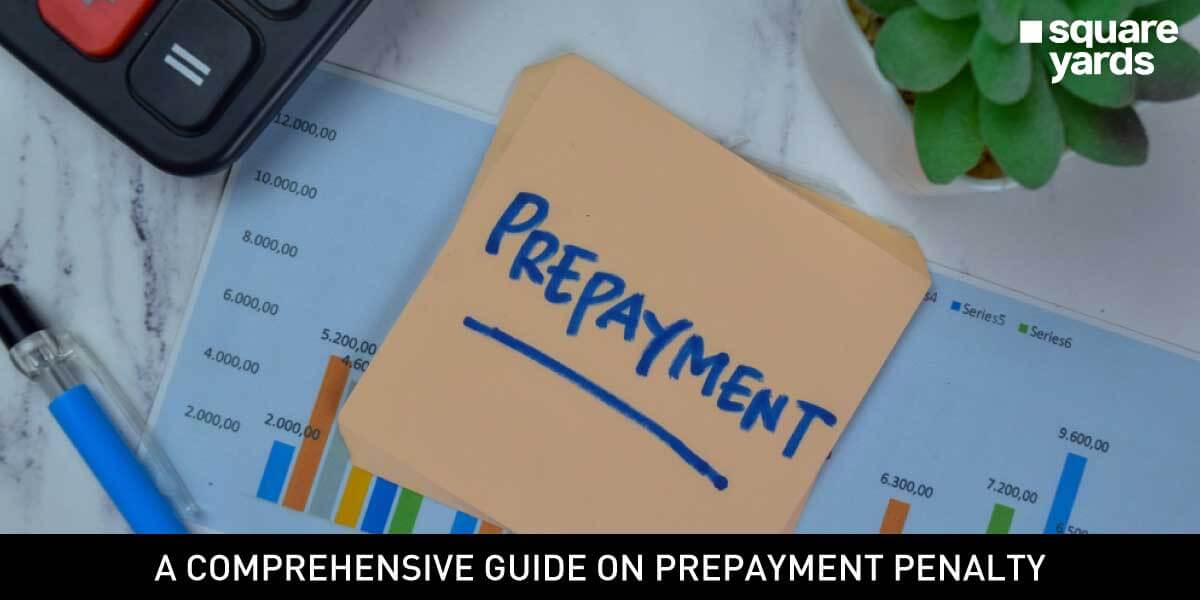Are you contemplating a move and considering the option of porting your mortgage? Mortgage portability is a financial strategy that can offer significant advantages when transitioning to a new home. When executed judiciously, porting a mortgage can provide financial flexibility and mitigate the costs of acquiring a new property. In this guide, we’ll examine how mortgage portability works in Canada, explore the pros of porting your mortgage, and shed light on the potential cons.
How Does Porting a Mortgage Work in Canada?
In simple terms, mortgage portability involves transferring your existing mortgage rate and terms from your current property to a new one. This process allows for a seamless transition and helps you avoid penalty fees associated with breaking your mortgage agreement. It’s crucial to note that while mortgage portability offers significant benefits, it may not always be available in every scenario. Therefore, it is essential to thoroughly explore your portability options before committing to a new property.
Pros of Porting Your Mortgage

Here are the positives you can expect from your port of Mortgage that is subject to your financial condition and lets you save money in the long run.
-
Keeping Your Good Mortgage Terms
One of the primary advantages of porting your mortgage is the ability to retain your existing mortgage terms. When mortgage rates rise, this can translate into substantial long-term savings. You can enjoy lower monthly payments on your new home by avoiding the need to secure a new mortgage at potentially higher interest rates.
-
Avoiding Penalty Fees
Porting your mortgage helps you sidestep the penalty fees for breaking your mortgage agreement. Breaking the existing mortgage is inevitable when selling your current home and purchasing a new one. However, by porting the mortgage, you can seamlessly transfer the terms without incurring additional costs.
-
Club Rates for Lower Monthly Payments
Lenders often use a blending strategy when porting their mortgages. This strategy allows you to maintain your current mortgage rate while applying a new rate to the additional mortgage amount. This blended rate can lead to lower monthly payments, contributing to overall cost savings.
Cons of Porting Your Mortgage

Be cautious before you start your port of mortgage, keeping the below-mentioned pointers in mind. Take a look:
-
Limited Time-frame for Decision-Making
One significant drawback of mortgage portability is the limited timeframe available for the process. Typically, lenders provide 30 to 120 days to port your mortgage. While this may be sufficient if you’re already buying a new home, it might not be ample time if you need to sell your current property. However, this limitation might be less impactful if the sale and purchase align closely.
-
Risk of Missing Out on Better Rates
While porting your mortgage offers the advantage of maintaining your existing rate, it has a potential downside. You might miss out on more favourable terms by not exploring other lenders and their rates. This risk is particularly relevant for those buying their first home, as shopping around for the best rates is common.
Can You Transfer Your Mortgage?
Porting a mortgage can be an enticing option for homeowners looking to move without the financial burden of obtaining a new loan. However, before delving into the pros and cons, it’s crucial to determine if your mortgage is portable in the first place.
-
- Determine if your mortgage can be ported: The first step in considering your mortgage’s portability is to check your existing mortgage agreement. Some mortgages may have specific clauses restricting or enabling portability, so carefully examining your contract is necessary.
- Portability of variable vs. fixed rates: Mortgage lenders typically grant portability options for fixed-rate mortgages rather than variable rates. If you intend to buy a new home to port your mortgage, finding a lender that accommodates variable rates may pose a challenge. Understanding the limitations of your mortgage type is fundamental to making informed decisions.
- Make adjustments based on your new home’s purchase price: The purchase price plays a pivotal role in the feasibility of porting your mortgage. Adjustments may be necessary if the required mortgage amount for the new home significantly surpasses the remaining balance on your previous mortgage. In such cases, lenders might blend and extend your mortgage rate, potentially leading to higher interest rates on the additional mortgage amount.
Is Porting Your Mortgage the Right Decision?
Deciding whether to port your mortgage is a choice that hinges on your unique financial and personal circumstances. While mortgage portability has undeniable advantages, such as retaining a lower interest rate, it is not a one-size-fits-all solution.
Final Words
When making real estate decisions, the choice to port a mortgage should be approached with careful consideration. Understanding the terms of your current mortgage, evaluating the feasibility of porting, and weighing the pros and cons against your personal circumstances are crucial steps. While porting a mortgage can provide financial benefits and streamline the moving process, it is not devoid of potential drawbacks. Homeowners should balance the desire for financial stability and flexibility in their housing choices. By navigating these considerations thoughtfully, you can make an informed decision that aligns with your long-term financial well-being.
You May Also Read
|
Guide To Letter of Employment For Mortgage |
|
|
Know The Refinancing Mortgage Canada |
|
|
All About Mortgage Affordability Calculator |
|
|
How To Calculate Trigger Rate |
Frequently Asked Questions (FAQs)
Porting your mortgage can help you avoid early prepayment penalties. If your current mortgage agreement allows portability, you can seamlessly transfer your existing mortgage to a new property without incurring prepayment charges. This feature provides financial flexibility for those considering a move.
Porting your mortgage typically requires a credit check. Lenders assess your creditworthiness to ensure you qualify for the mortgage transfer. While a good credit score is advantageous, the impact on your credit is usually minimal. It's a routine step to evaluate your ability to manage the mortgage under the new circumstances.
In most cases, you can keep the same interest rate. Fixed-rate mortgages often offer more portability than variable rates, allowing you to maintain the existing interest rate when transferring to a new property. Does porting your mortgage avoid an early prepayment penalty?
Does porting your mortgage require a credit check?
Do you keep the same interest rate when porting your mortgage?










